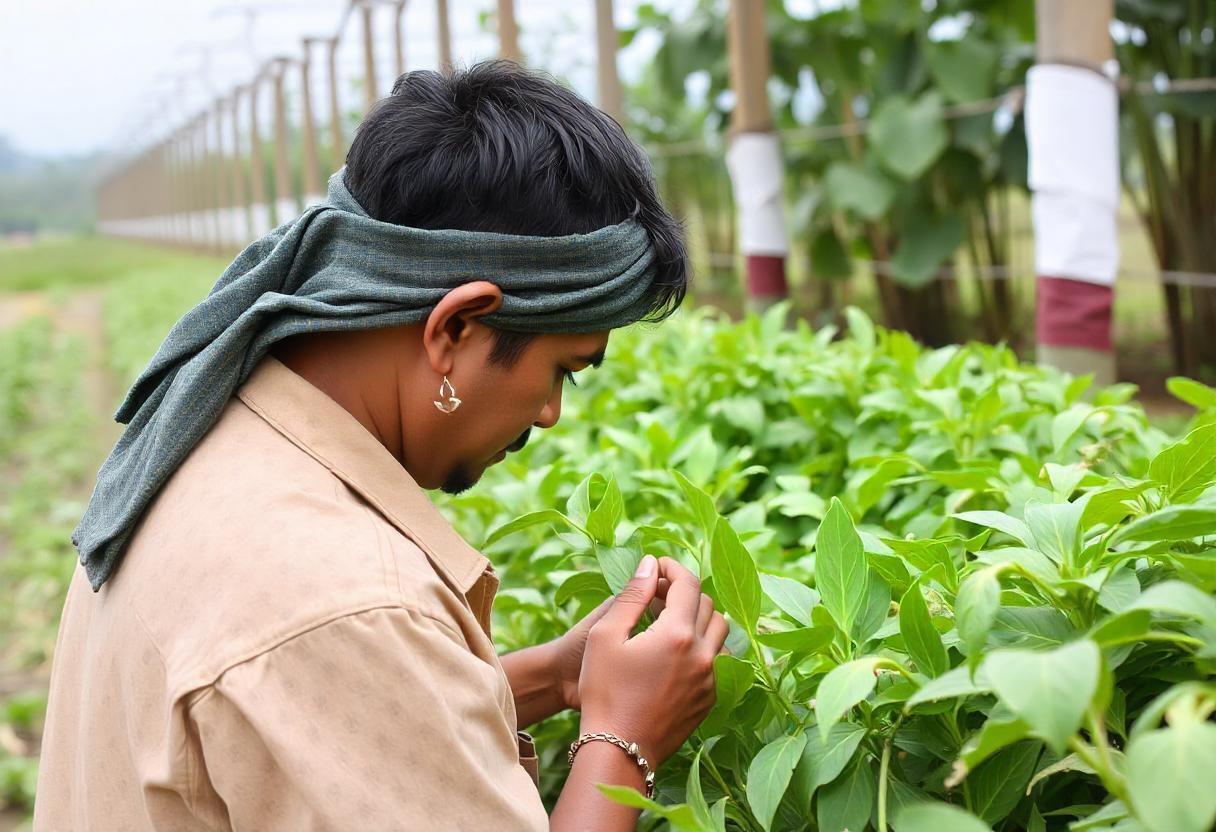
Types of Agriculture Occupations
Agriculture encompasses a wide range of occupations that focus on various aspects of farming, production, and food systems. These include roles such as farmers, ranchers, agricultural scientists, crop advisors, and agricultural engineers. Each occupation contributes to the agricultural industry in different ways, from hands-on farming to technological innovation and research.
Key Responsibilities
The responsibilities of individuals working in agriculture vary depending on their specific roles. Farmers and ranchers manage crop and livestock production, including planting, harvesting, and caring for animals. Agricultural scientists conduct research to improve crop yields and livestock health. Agricultural engineers develop machinery and technologies to enhance farming efficiency. Crop advisors provide guidance on pest management and soil health, while agricultural extension agents educate farmers about new practices and technologies.
Required Skills and Qualifications
Agriculture occupations require a mix of technical knowledge and practical skills. For instance, farmers need expertise in crop and livestock management, while agricultural scientists must have a strong background in biological sciences and research methodologies. Skills in data analysis, machinery operation, and environmental management are also valuable. Education requirements vary by role; some positions require specialized degrees, while others may emphasize hands-on experience and practical knowledge.
Educational Pathways
Educational requirements for agriculture occupations depend on the role. Many positions require a bachelor’s degree in agricultural science, agronomy, animal science, or a related field. Advanced roles, such as agricultural scientists or engineers, may require graduate degrees. Additionally, technical certifications and vocational training can be beneficial for specific roles, such as agricultural machinery operators or crop advisors.
Work Environment
The work environment in agriculture can vary widely. Farmers and ranchers often work outdoors on farms or ranches, dealing with changing weather conditions and physical labor. Agricultural scientists and engineers may work in laboratories, research facilities, or offices. Some roles, such as extension agents or crop advisors, involve fieldwork and travel to visit farms and provide consultations.
Career Opportunities and Advancement
Agriculture offers diverse career opportunities with paths for advancement. Entry-level positions can lead to specialized roles or management positions within agricultural enterprises. Professionals in agriculture may also find opportunities in related fields, such as environmental consulting, agricultural policy, or agribusiness management. Continuous learning and professional development are important for career growth and staying updated with advancements in agricultural practices and technologies.